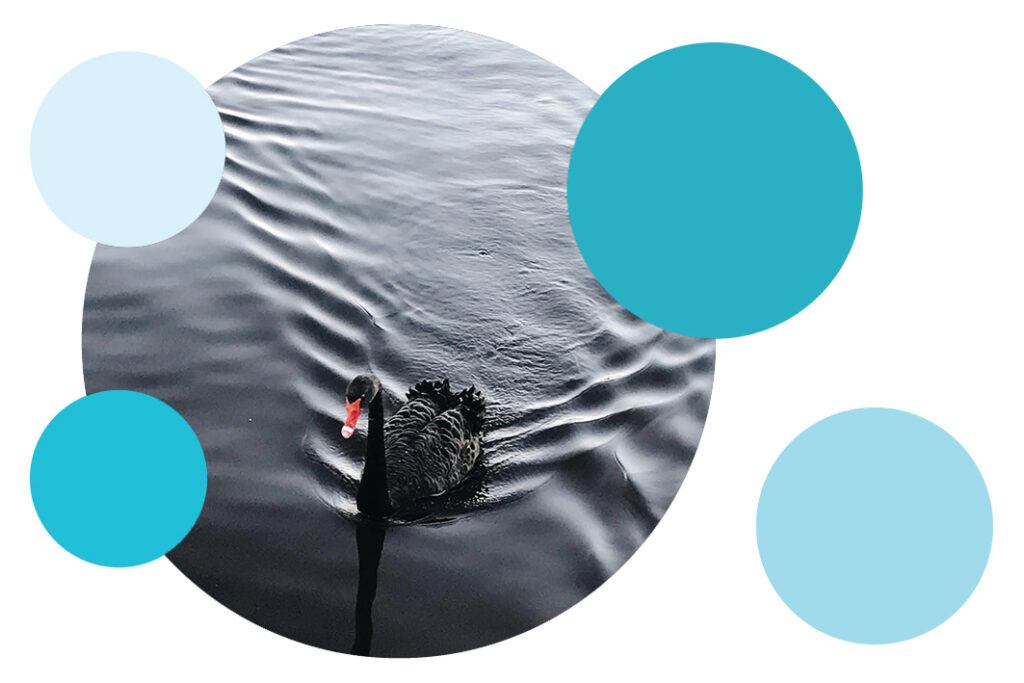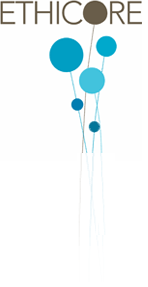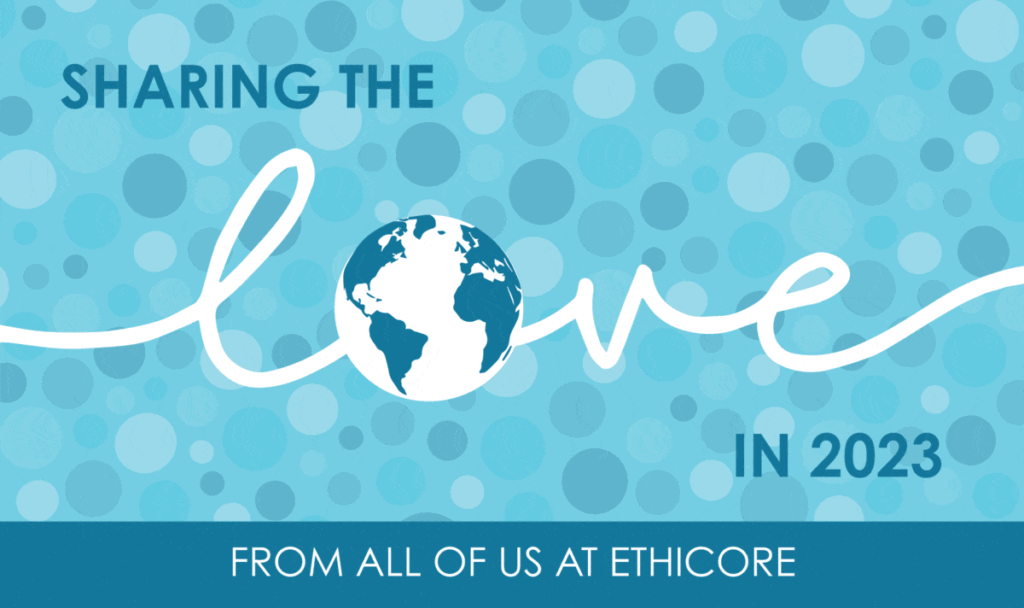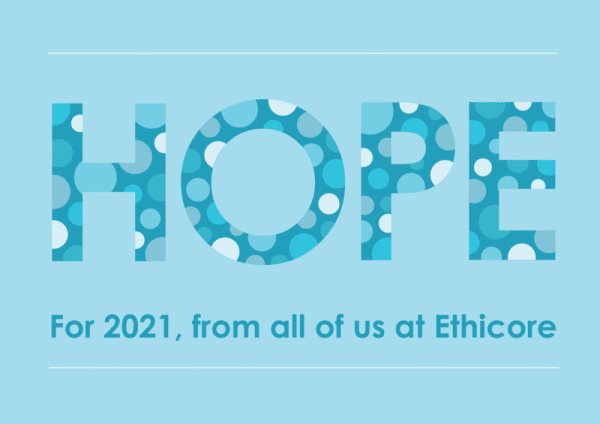
Post 1 of the ‘Strategy in uncertainty’ series
What if you didn’t follow your strategic plan, but it guided you on your journey?
In our increasingly fragile world, we need to stay ever more alert to the threats of pandemics, conflict and climate change disrupting and destabilising the systems in which we operate. The risk of shocks to the system are real – just look at the Covid disruption. Predictable surprises, like FCDO dramatic cuts to development funding, may be even more regular as long-term trends are accelerated.
This challenges traditional models of strategic planning, where assumptions could be made for the planning period. Now is the time for agility. The role of the strategic plan has changed. The agile strategic plan sets the ambition and goal, the general direction and the parameters for impact, guiding decision making along the way. This allows the space to respond and adapt to opportunities and challenges, while keeping a laser-like focus on impact. It requires an engaged team, who own the direction, and a strong external focus to navigate through. In this blog series we will deep dive into the fundamentals for strategic planning and engagement in a time of agility.
By Rachael Clay




